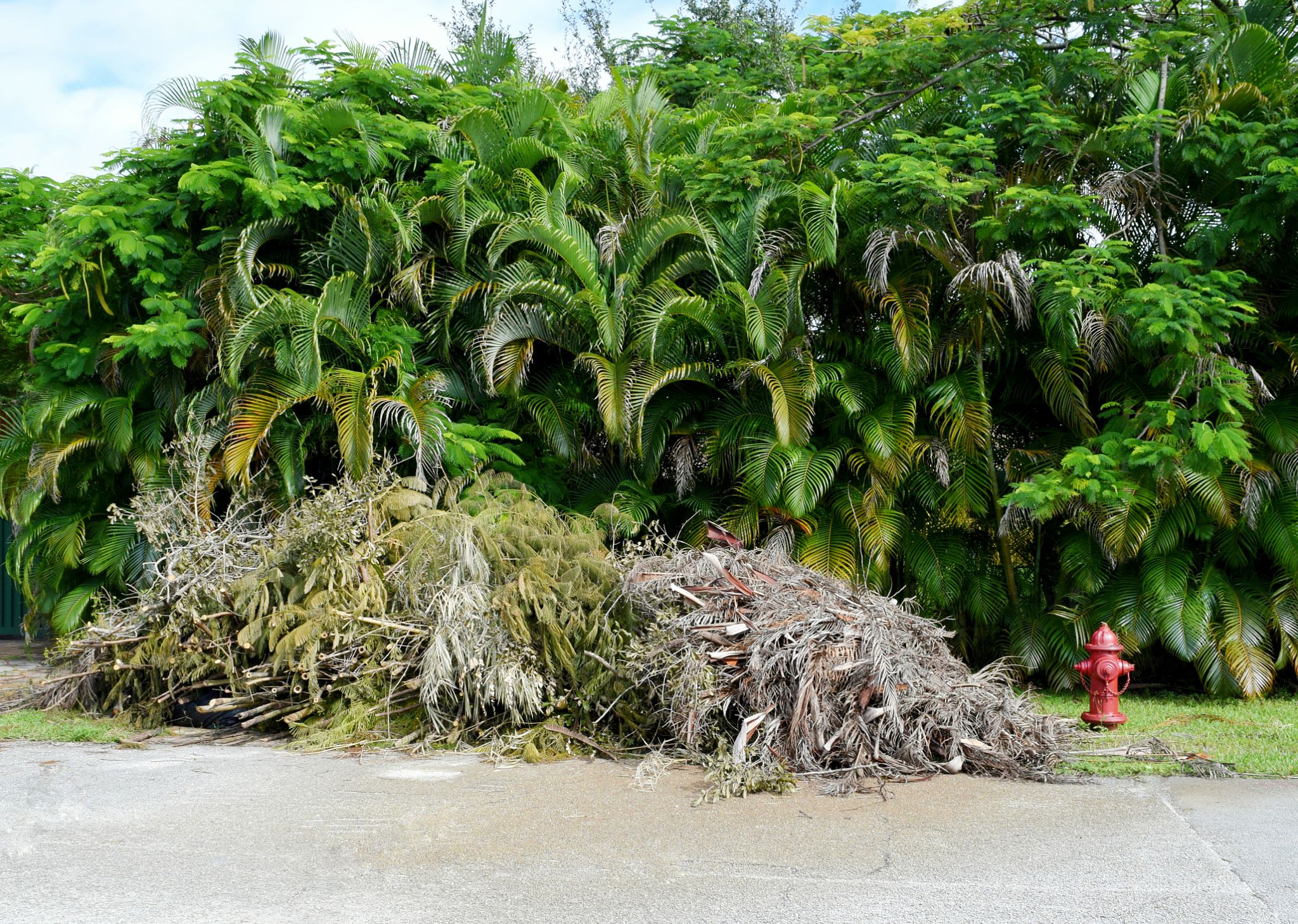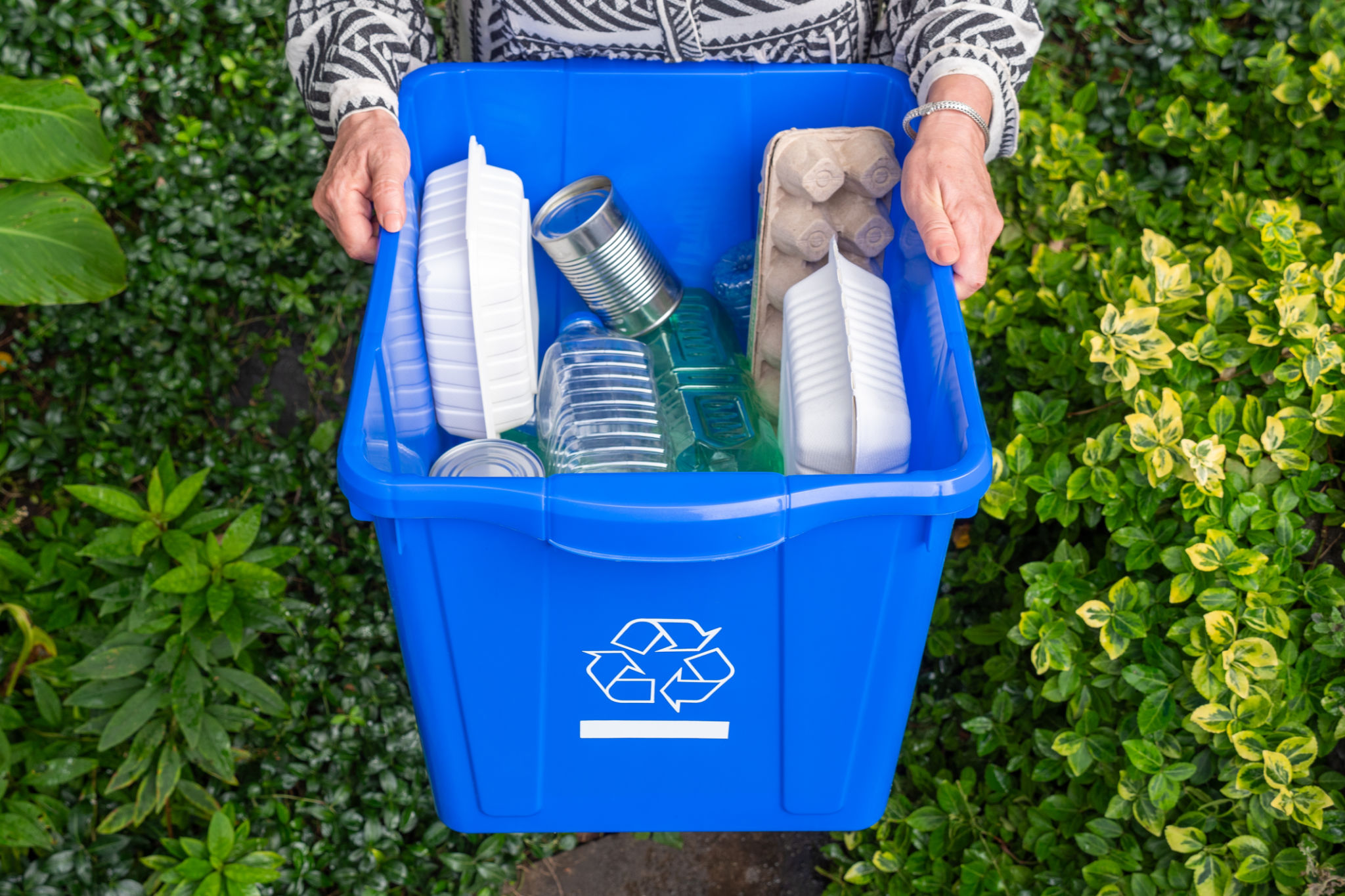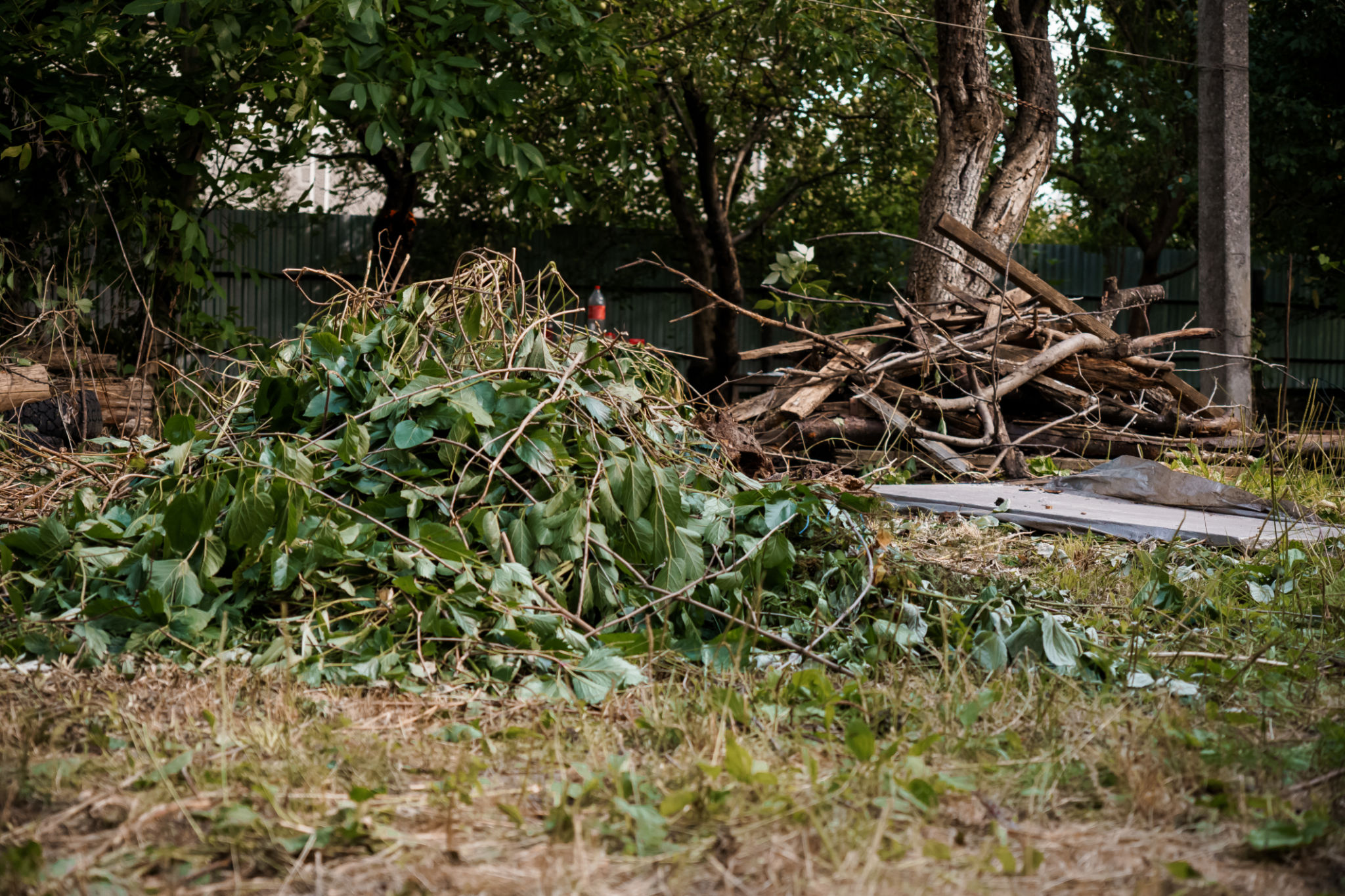Exploring West Palm Beach's Waste Disposal Regulations
Understanding Waste Disposal Regulations in West Palm Beach
West Palm Beach, a vibrant city in Florida, is known not only for its stunning beaches and cultural attractions but also for its commitment to maintaining a clean and sustainable environment. A significant part of this commitment involves adhering to comprehensive waste disposal regulations designed to minimize environmental impact and promote recycling. Understanding these regulations is essential for residents and businesses alike.

General Waste Collection Guidelines
West Palm Beach has established specific guidelines for waste collection to ensure the efficient and environmentally friendly disposal of refuse. Residents are required to separate their waste into different categories: recyclables, yard waste, and regular trash. This separation helps in the effective processing and recycling of materials, reducing the volume of waste sent to landfills.
Regular trash collection occurs twice a week, while recyclables are picked up once a week. It is important to place your waste containers at the curb by 6:00 a.m. on collection days, ensuring they do not obstruct pedestrian pathways or roads. Containers should be removed promptly after collection to maintain neighborhood aesthetics and safety.
Recycling Guidelines
Recycling plays a crucial role in West Palm Beach's waste management strategy. The city accepts a variety of materials for recycling, including paper, cardboard, glass bottles, and certain plastics. To avoid contamination, residents should rinse containers and remove any non-recyclable components before placing items in the recycling bin.

A helpful tip is to remember the phrase "When in doubt, throw it out." If you're unsure whether an item is recyclable, it's better to dispose of it with regular trash rather than risk contaminating the recycling stream. The city provides a detailed list of recyclable materials on its official website, which serves as an excellent resource for residents looking to minimize their environmental footprint.
Yard Waste and Bulk Item Disposal
Yard waste, such as grass clippings, leaves, and branches, is collected separately from regular trash and recyclables. Residents are encouraged to use biodegradable bags for yard waste or place it in a container clearly marked for this purpose. Yard waste collection occurs once a week, allowing for the effective composting of organic materials.
For large or bulky items like furniture or appliances, West Palm Beach offers a special bulk item pick-up service. Residents must schedule these collections in advance by contacting the city's waste management department. This service ensures that bulky items are disposed of properly without disrupting regular waste collection operations.

Hazardous Waste Disposal
Proper disposal of hazardous waste is critical to protecting the environment and public health. Items such as batteries, paint, oil, and electronic devices should not be included with regular trash due to their potential to harm the environment. Instead, West Palm Beach provides designated drop-off locations where residents can safely dispose of hazardous materials.
The city organizes periodic hazardous waste collection events to make disposal more convenient for residents, ensuring these materials are handled safely and responsibly. Participating in these events is an excellent way to contribute to a cleaner community.
Staying Informed and Compliant
Staying informed about waste disposal regulations is essential for compliance and contributing positively to the community's sustainability efforts. West Palm Beach regularly updates its guidelines to incorporate new practices and technologies in waste management. Residents can stay informed through the city's website or by subscribing to local newsletters.
By adhering to these regulations, residents and businesses help ensure that West Palm Beach remains a beautiful and environmentally conscious place to live. Understanding and following these guidelines not only benefits the local ecosystem but also sets a positive example for future generations.